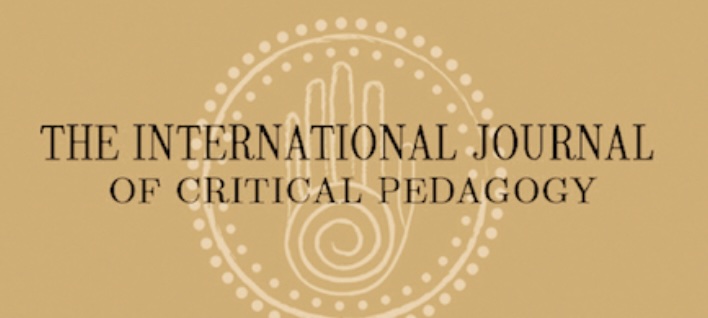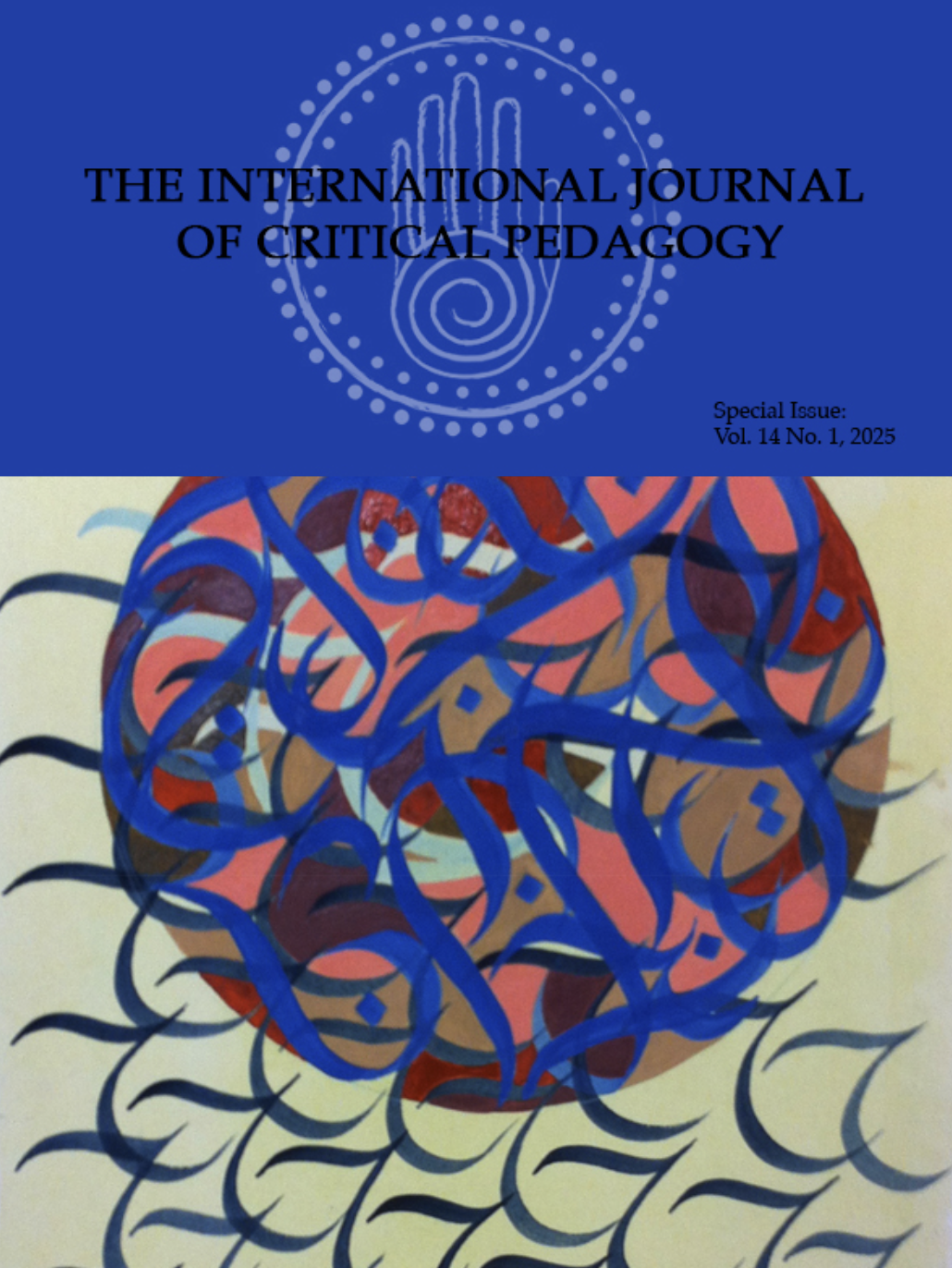Abstract
This essay troubles notions of critical pedagogy that promote binary and fragmented conceptions of identity and oppression, which tend to be hyper-rational and outward-focused. Socially Engaged Buddhism has much to offer critical pedagogy because it challenges the notion of a separate self, engaging in the work of justice and movement-building. It is as an embodied way of inner knowing that invites dis-identification with a separate self, thereby experiencing the self as interconnected. It also provides insight into the root causes of violence and oppression and a mechanism by which we can purify the root causes to avoid replication in new, subtle, and subversive ways. Critical pedagogy without embodied, contemplative practices create the illusion of systemic and structural change. Without awareness into the ways that our ego mind centers and re-centers a separate self, we unconsciously operate from a place of self-interest and self-protection, furthering individualism at the expense of collective liberation. This essay intentionally engages contemplative personal narrative to model the power of self-awareness in Socially Engaged Buddhism and the practice of calling in the self through insights gained by the author. I call for a more embodied, self-reflective approach to critical pedagogy at the individual level to support deeper and more sustained systemic transformation and movement building.
Keywords: Critical pedagogy, ego, Socially Engaged Buddhism, embodied ways of knowing, personal narrative
How to Cite:
Shah, V., (2019) “Calling in the Self: Centering Socially Engaged Buddhism in Critical Pedagogy Through Personal Narrative”, International Journal of Critical Pedagogy 10(2).
Downloads:
Download PDF
View PDF

